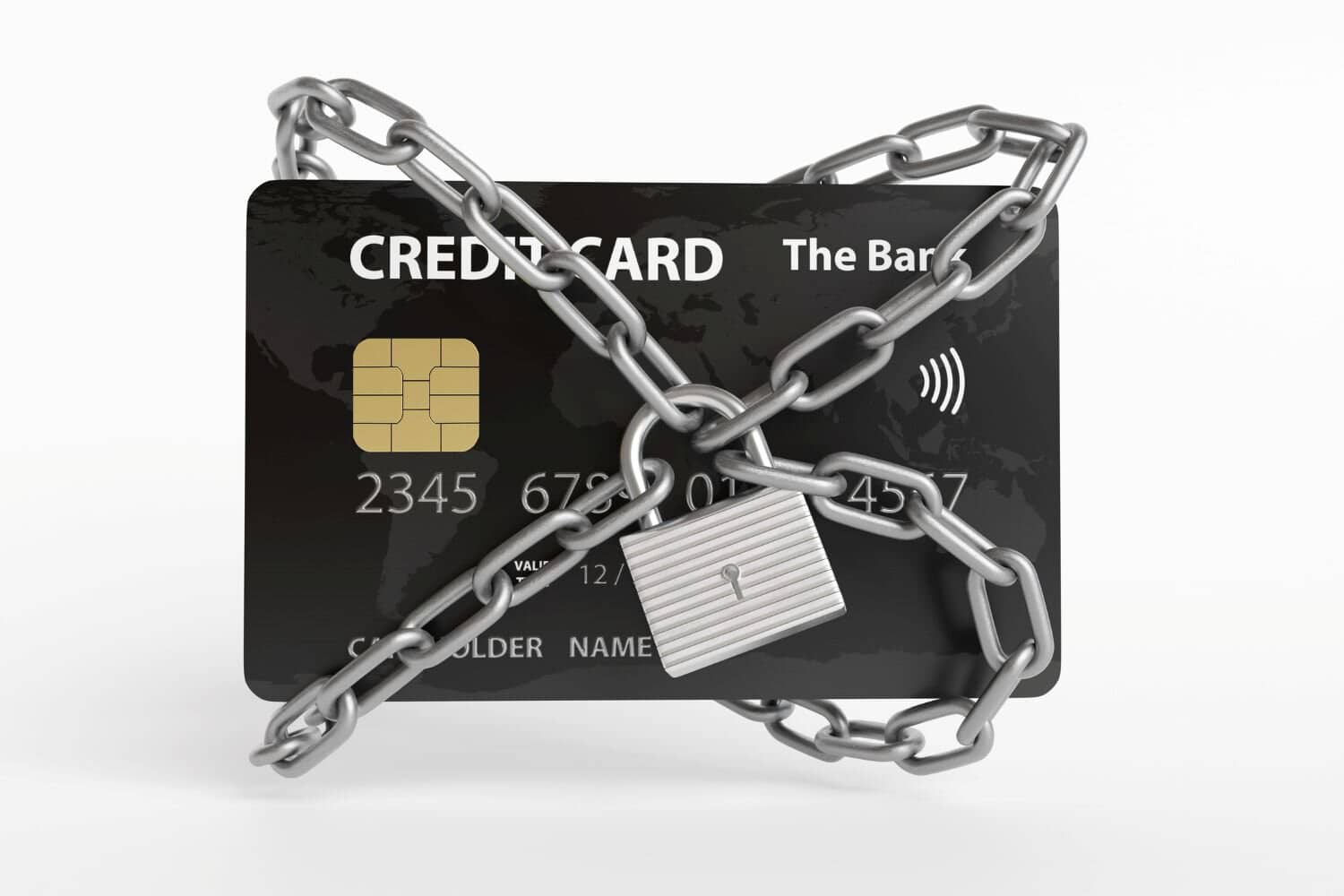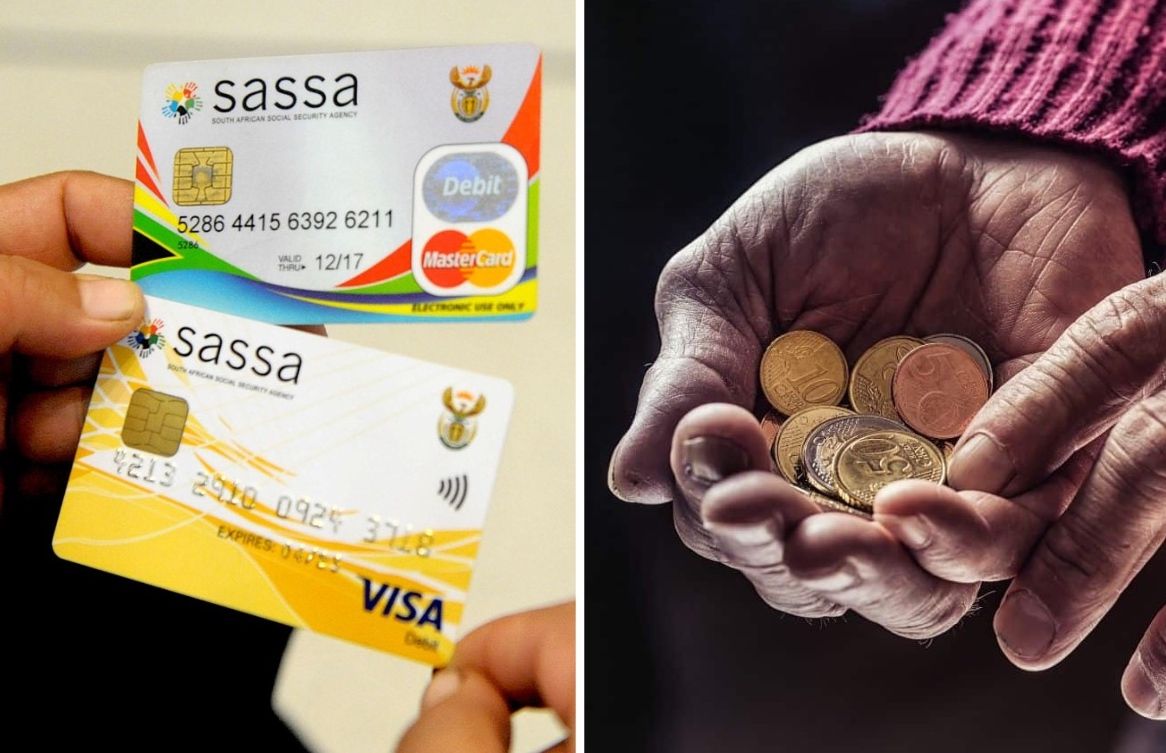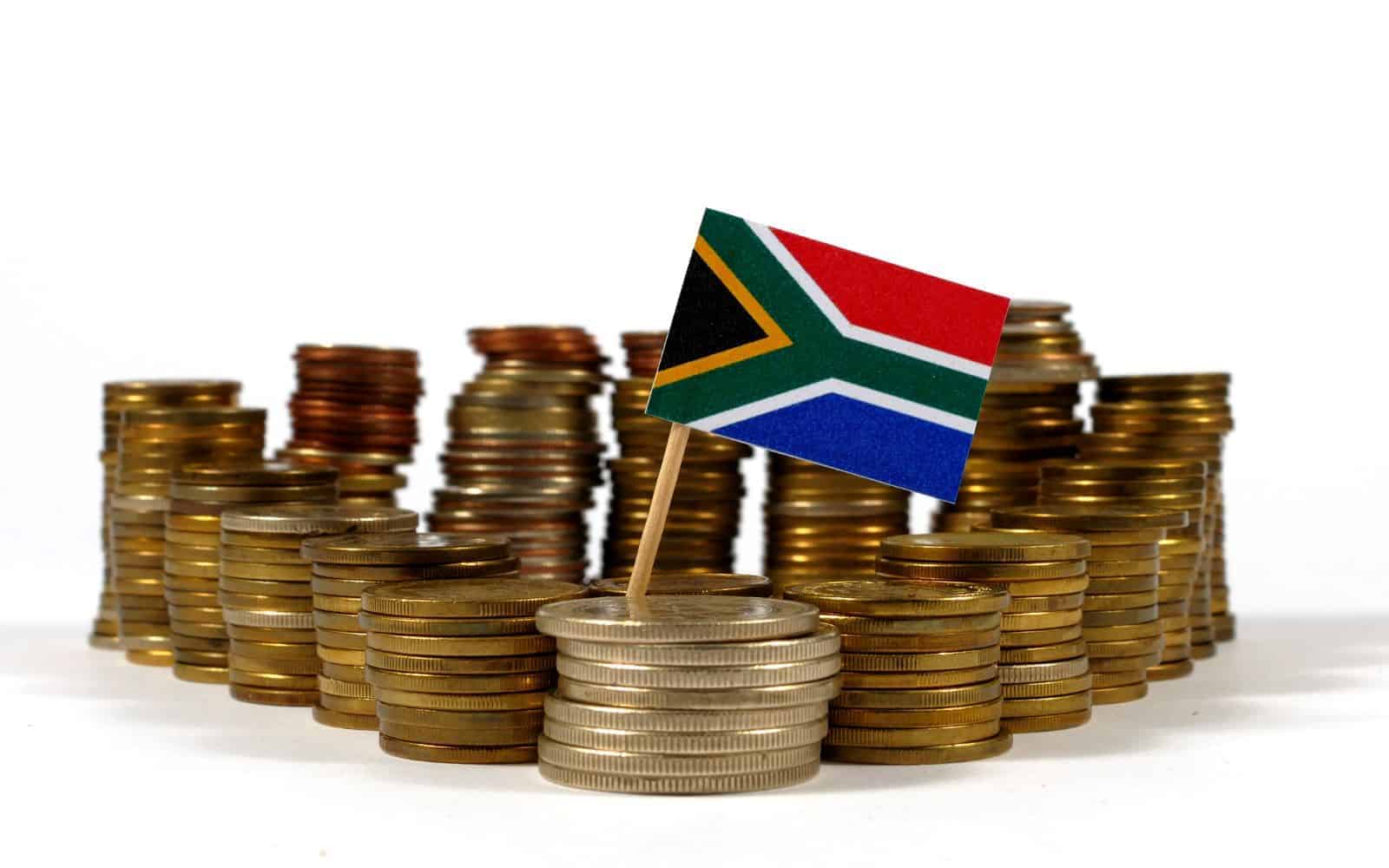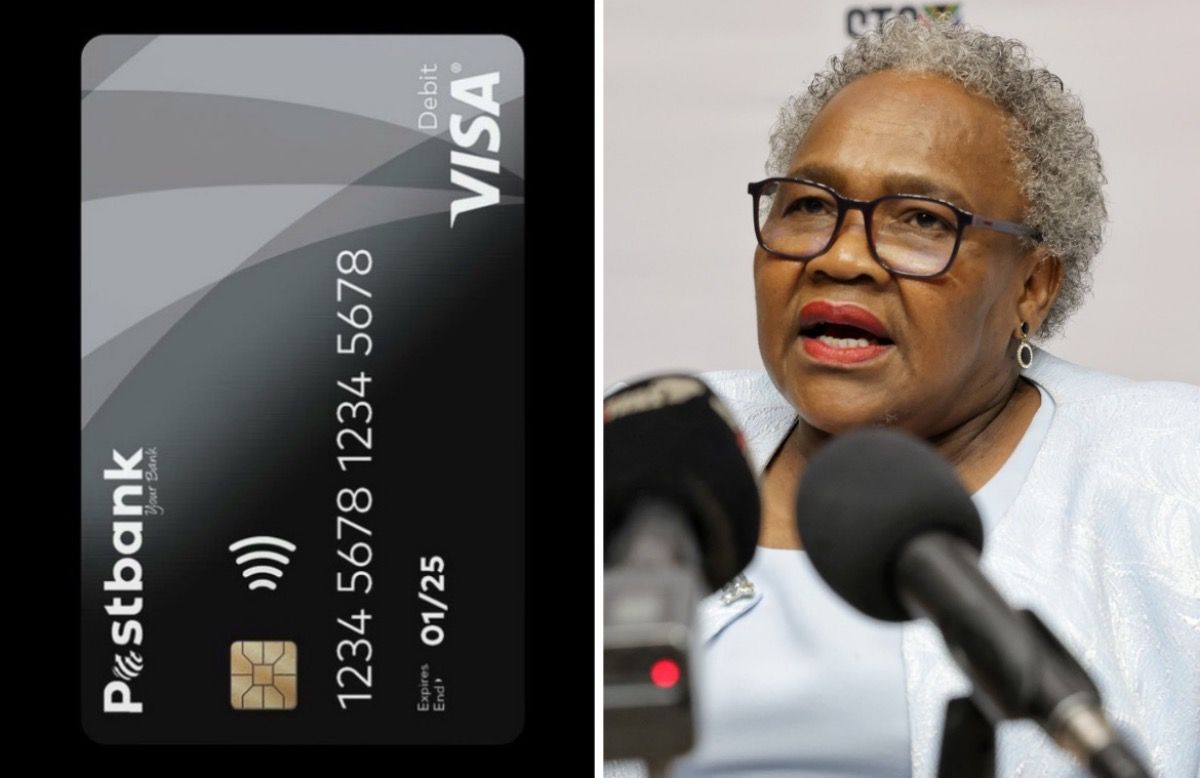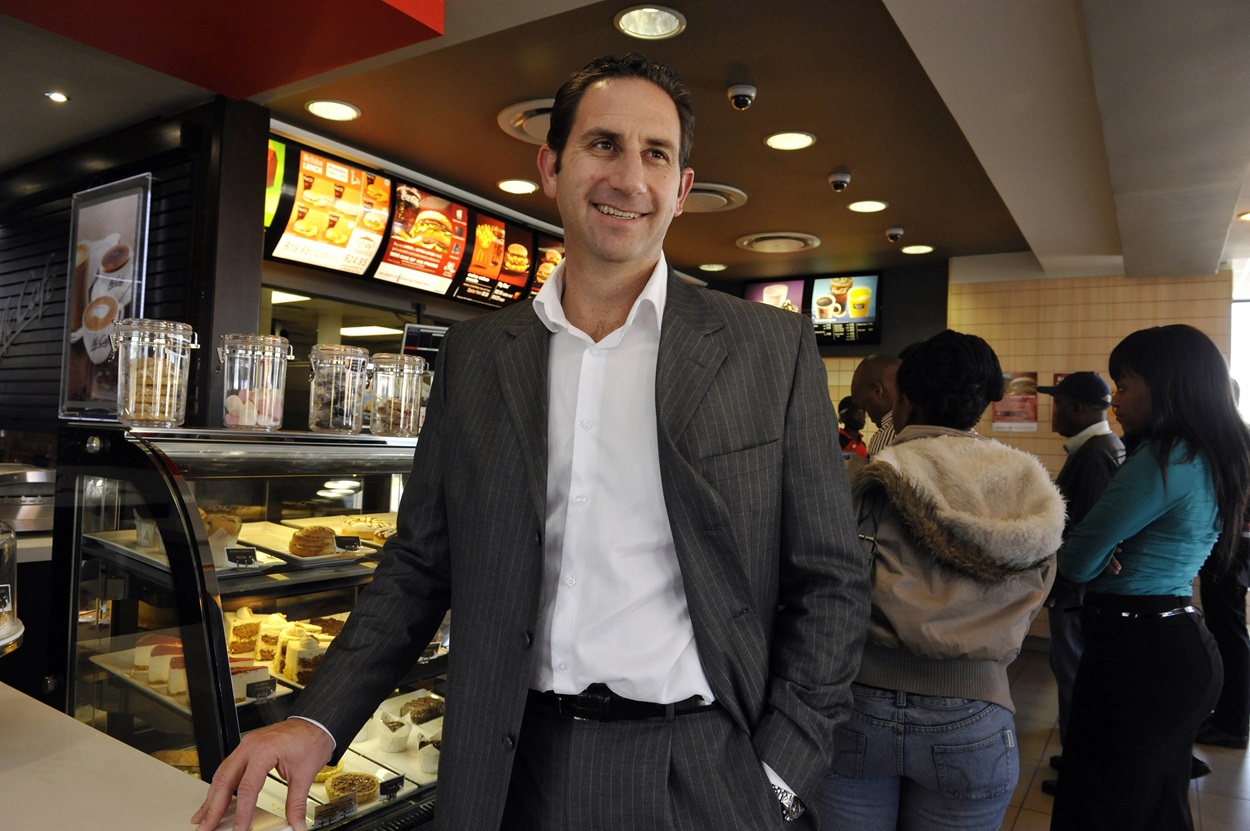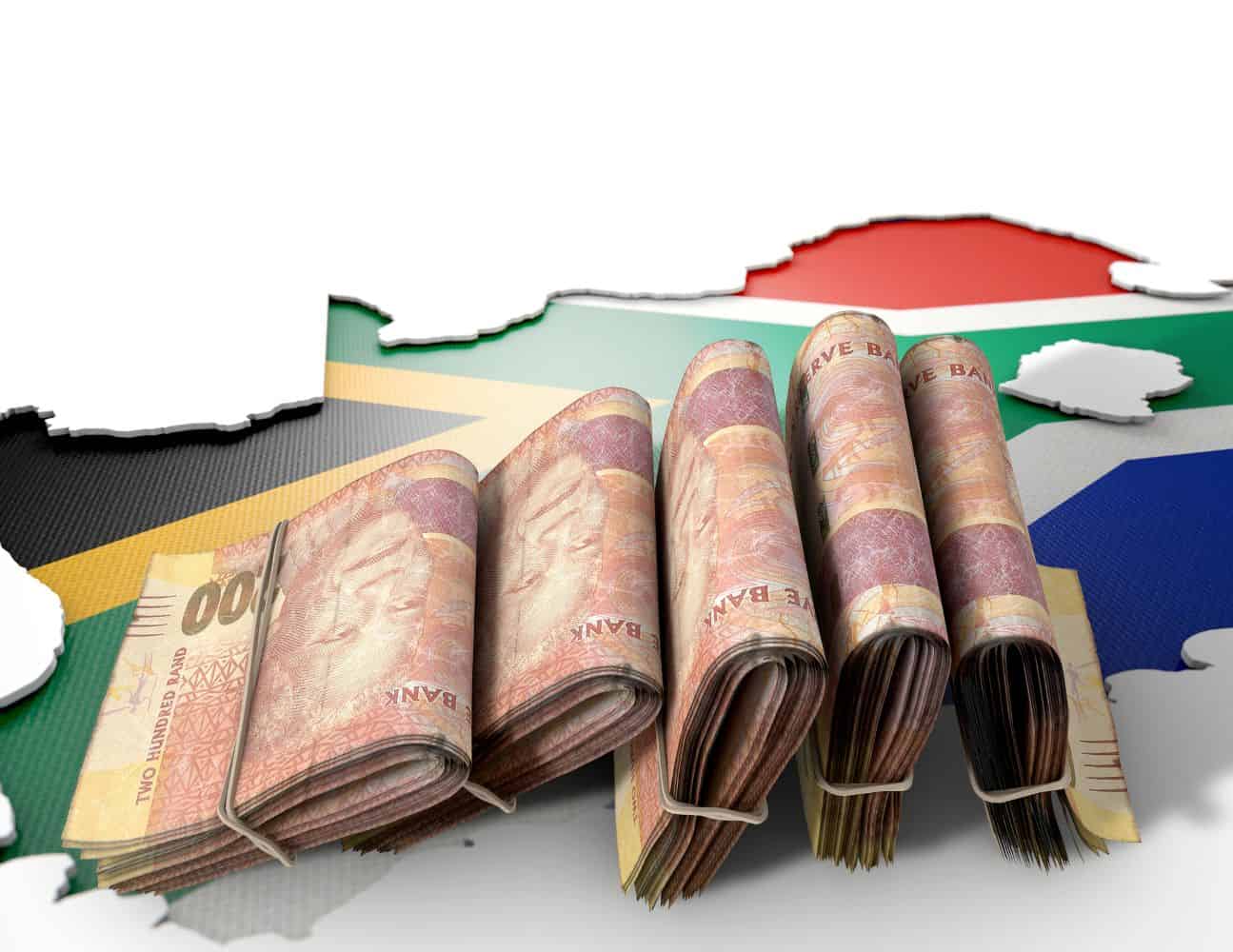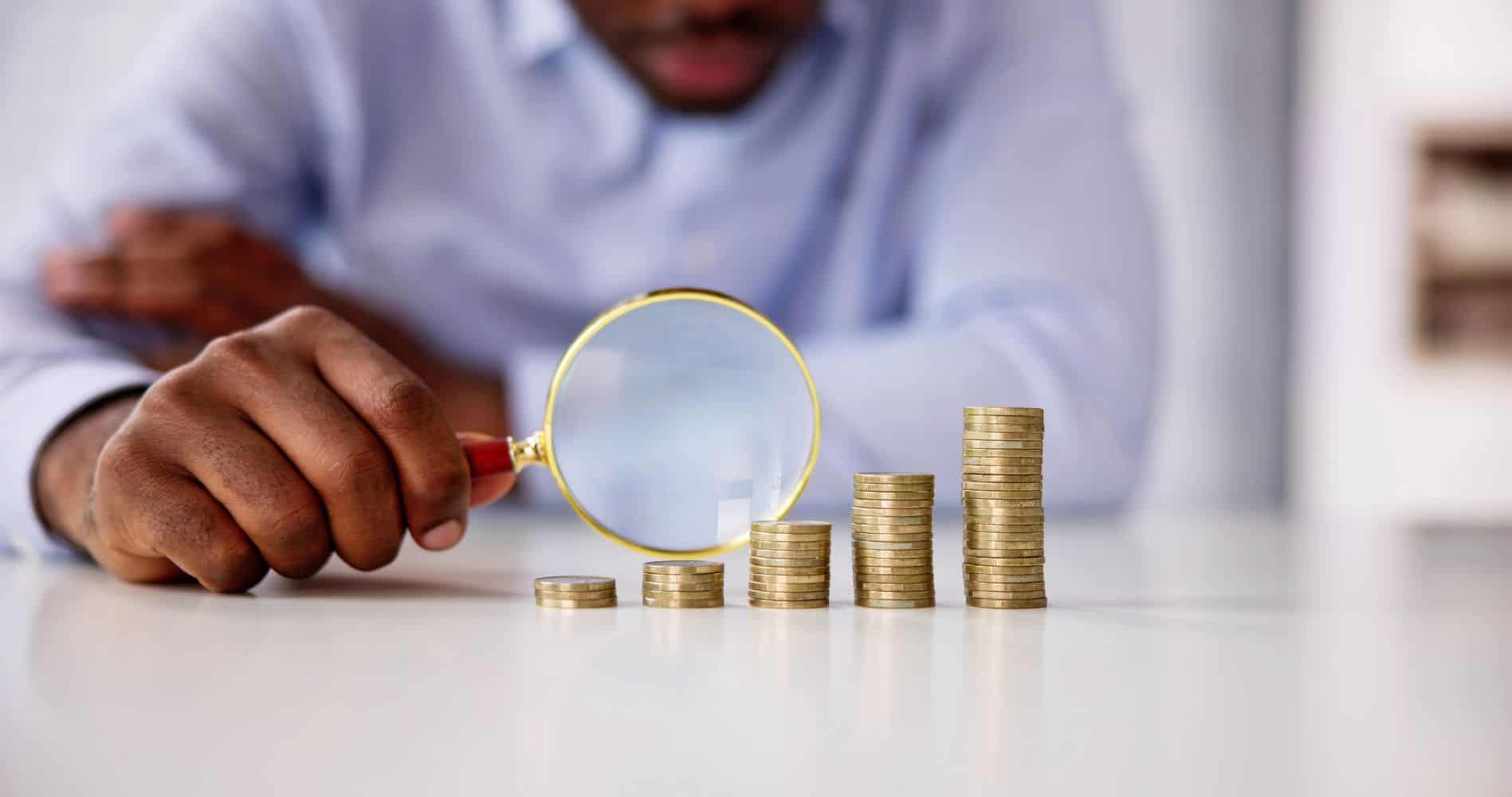If you turn to emotional spending to feel better, it is time to change.
A little retail therapy does make you feel so much better when you are stressed or feel overwhelmed. Is a little emotional spending then such a bad idea?
It’s a very bad idea, Salem Nyati, Momentum Group’s consumer financial education specialist, says. “Spending money as a coping mechanism is an unhealthy habit that can ruin your life and cause you to drown in debt. You should avoid the cost of emotional spending because asking for help is a better solution.”
Emotional spending often stems from spur-of-the-moment joy or a sense of not having enough, where individuals try to fill that void, she explains. “While it might offer a brief emotional boost, this behaviour can ultimately backfire, harming your personal finances, relationships and overall well-being.”
ALSO READ: Spend mindfully, not excessively: The power of conscious consumerism
Nyati says emotional spending is sometimes called retail therapy and it is not always a bad thing, but she points out that while the desire to feel some sense of control over your life is understandable, the only thing that disappears during retail therapy is your money.
Emotional spending primary reason why people get into bad debt
“Emotional spending behaviour is one of the primary reasons people dig themselves deeper into their proverbial financial graves. Therefore, learning to self-regulate is a valuable skill that a mental health specialist can help you to develop.
“Similarly, a dependable financial adviser can provide the guidance to recognise emotion-driven financial decisions and help you stay on track with your financial goals,” she says.
ALSO READ: Black Friday: How to avoid impulsive and emotional shopping
Nyati emphasises that having access to professional financial advice is part of self-care, as it goes beyond just tracking your spending, as you are securing your financial future by learning the skills to empower you to make smarter money choices.
“Whether it is planning for retirement, saving for a major purchase, or simply ensuring you have the means to handle unexpected expenses, you are preparing yourself for life’s financial challenges and opportunities.”
Spending driven by emotions, not need
However, Nyati warns that emotions can serve as powerful triggers that drive our spending behaviours. “Powerful because our heightened emotional state of happiness or sadness can breed impulsive buying behaviour. Stop and think rationally before you waste your savings and investments on trivial pursuits such as entertainment or items you do not even need.”
She believes that the new year presents an opportunity to learn to do things differently, beginning with assessing your emotional state before making any purchases and ensuring that the decision to spend money on anything is fuelled by rational thinking.
“What you do with your money on a regular basis and the decisions you make with it matter when it comes to your financial wellbeing. In this case, consulting a professional financial adviser is not just about making ends meet but about maximising your financial potential.”
ALSO READ: Retail mind games: How your wallet gets played with every sneaky trick
How to stop your emotional spending
Nyati has these tips for consumer to ensure they make wise, non-emotionally driven purchases:
- Implement the ‘24-hour rule’ for non-essential purchases. Give yourself a day to reflect on whether you truly need the item or if this really is just your momentary emotional response.
- Keep a journal of your spending habits and note the emotions you feel before buying something. Recognising patterns such as stress, boredom, or sadness can help you address the root cause rather than turning to shopping for relief.
- Create specific and achievable financial goals, such as saving for a holiday, paying off debt or building an emergency fund. Regularly remind yourself of these goals to stay focused and motivated to spend wisely.
- Allocate a small portion of your budget to guilt-free spending on things you enjoy. This allows you to satisfy the urge to treat yourself without derailing your finances.



